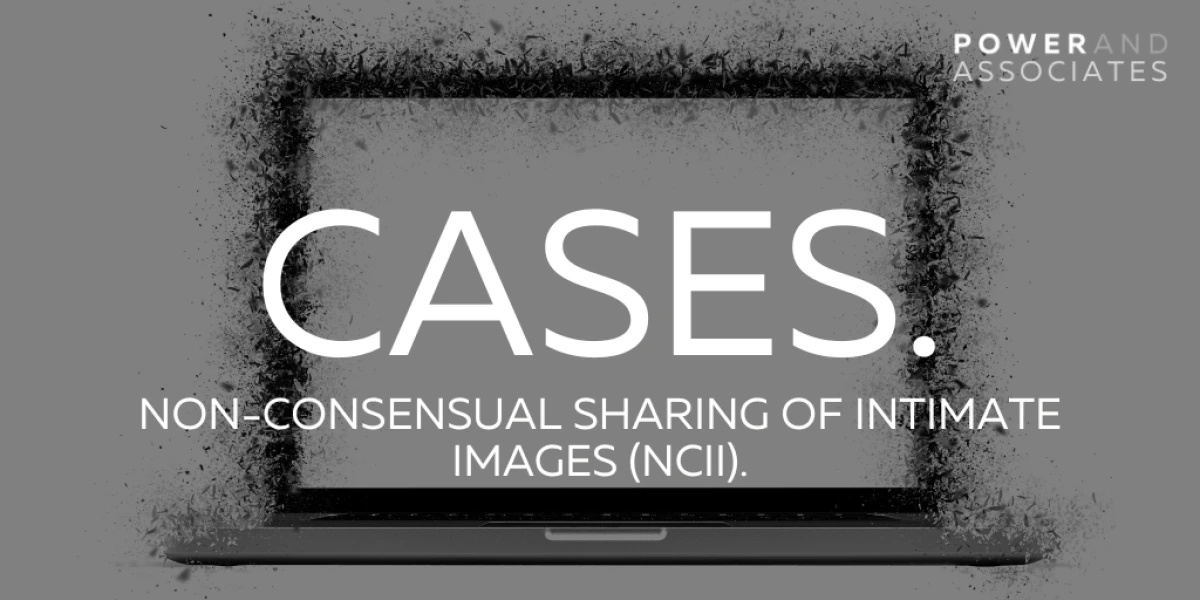COVID-19: UN Special Rapporteur publishes report on freedom of expression during COVID-19
The United Nations Special Rapporteur on the Promotion and Protection of the Right to Freedom of Opinion and Expression (UN Special Rapporteur) has published a report to the Human Rights Council on disease pandemics and freedom of opinion and expression. As noted in the report:
The present report is written with a sense of urgency about the kinds of steps that are necessary and appropriate to protect everyone’s right to freedom of opinion and expression during this and any future pandemic. It is not exhaustive of the issue and does not purport to address the extensive rights at risk during the pandemic, from the rights to health, housing and sustainable work to the rights to life, movement, migration, protest and much more. The report is based on the premise that, particularly in the face of a global pandemic, the free flow of information, unhindered by threats and intimidation and penalties, protects life and health and enables and promotes critical social, economic, political and other policy discussions and decision-making. It urges an approach to address the problem of misinformation that fosters public correction of rumours and the calling out of harmful chicanery and that avoids driving such misinformation into places where conspiracy theories defeat rigorous scientific assessments and public health warnings – one rooted in legal frameworks that promote the sharing of reliable information.
The report addresses the following five challenges during pandemics:
- Access to information held by public authorities.
- Access to the internet.
- Protection and promotion of independent media.
- Public health disinformation.
- Public health surveillance.
In sum, the report makes the following recommendations:
- Be honest with people and give them access to information in a way they can consume, in a way that promotes non-discrimination.
- Enable all individuals genuine access to the tools of communication necessary to learn about the public health crisis and the steps necessary to protect themselves and, if they are health-care workers (formally or informally), to care for others.
- Strongly promote and protect, and refrain from interference with, the independent media’s role of informing the public and holding officials accountable for their statements and actions.
- Ensure that people have the tools to confront and correct disinformation, and in particular avoid taking the kinds of steps that will deter the sharing of critical information at a time of crisis.
- Do what is necessary to trace the development of the disease – but only what is necessary. The law is flexible enough to tolerate errors and inadvertent overreach at a time of crisis, but it is not so flexible as to condone the discretion to conduct surveillance without oversight, without limit and without resort to fundamental principles of legality and necessity.
- Ensure accountability, such that no state is free to use this public health crisis for unlawful purposes beyond the scope of the health threat.
The full report is accessible here.
Please note: The information contained in this note is for general guidance on matters of interest, and does not constitute legal advice. For any enquiries, please contact us at [email protected].




